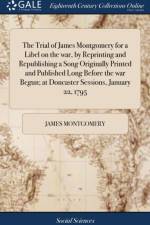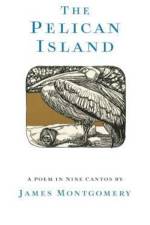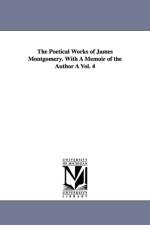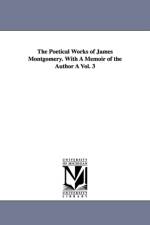av James Montgomery
337
'The best of all Montgomery's poems: in idea the most original, in execution the most powerful...' Blackwood's Magazine South Australia's exquisite natural gem, Kangaroo Island, has been inspiring locals for well over a century, and is now beginning to develop a formidable international reputation. It is rarely known, however, that its earliest mention in the annals of Matthew Flinders' voyages published two centuries ago, in 1814, sowed a seed of inspiration for one of the early nineteenth century's most popular poets. James Montgomery, acclaimed by Lord Byron as 'a man of considerable genius, ' had a successful career spanning several decades, and huge popularity with the British public. He fought for the era's noble causes in his verse, including most notably the abolition of slavery in The West Indies, and the improvement of the conditions of chimney-sweeps in The Climbing-Boys' Soliloquies. Popular also because he was a poet of great tenderness and openness of thought, he was interested in all of the new scientific discoveries of his times, its politics great and small, and in the beliefs that underpinned what he saw as the best of humanity. In 1827, as his career reached its zenith, he produced one last long poem, destined to be the crowning glory. Summoning up all the extraordinary energies of a reformer with all the vision of a poet, he embarked upon The Pelican Island. Presented to us by a kind of recording angel or spirit, it is a narrative of nature's incredible powers of creation and destruction, of wild seas and teeming scenes, as an island grows from nothing, is peopled by all manner of plants and creatures, is wiped out by a hurricane, and then reforms in a different shape. Inspired by Flinders' mention of the islets in what is now known as Pelican Lagoon on Kangaroo Island, he portrays his island becoming a home-place for pelicans, where they come to nest and bring up young, and also where they come back to die. Later, humans come to his island and the story changes, reflecting Montgomery's concerns about our power and brutishness, and also what he saw as our necessary enlightenment and resort to belief. In towering language and powerful phrasing, he creates a broodingly rhythmic and driving tour-de-force, marrying intensity of thought and colour with great philosophical scope and humanity.








